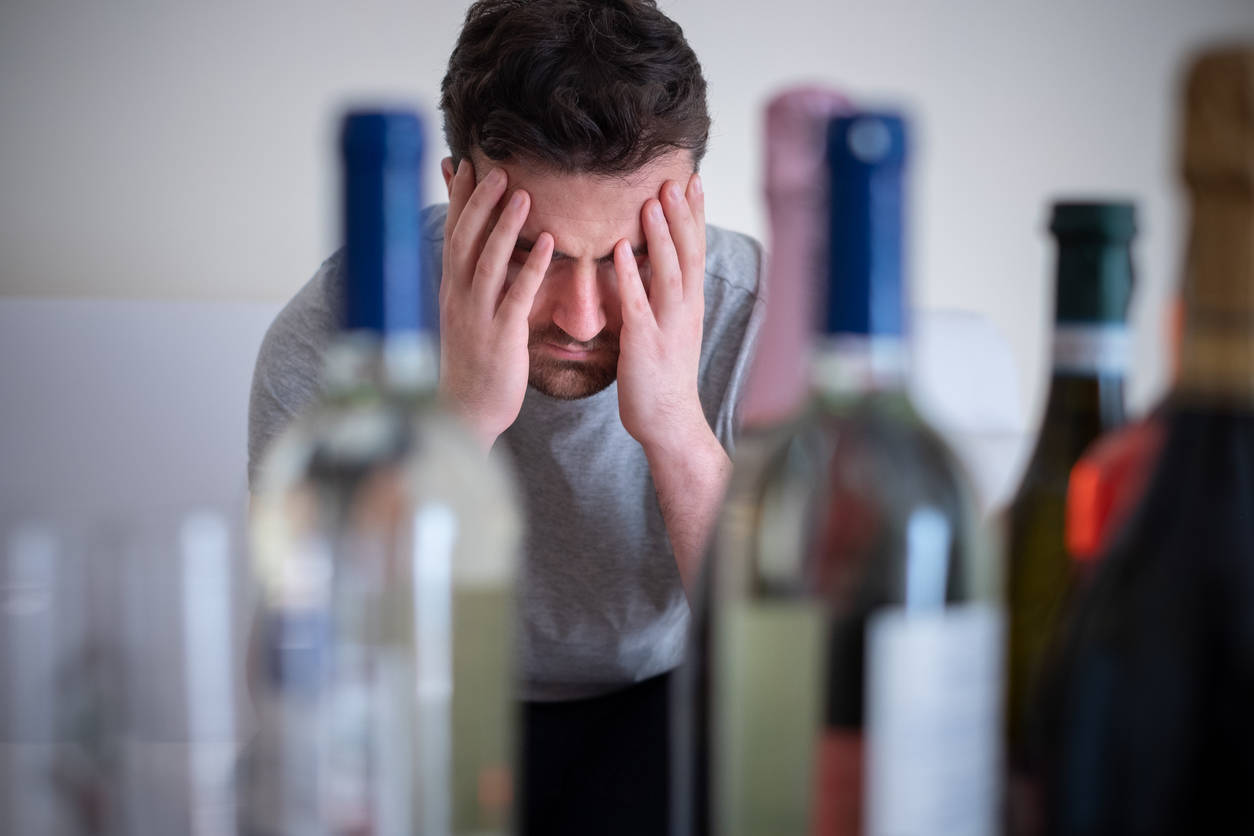The tragedy of María José Ardila in Cali reignites concerns about the dangers of excessive alcohol consumption: experts explain how to act in an emergency

The case of María José Ardila, a 23-year-old woman who died after participating in a drinking challenge in Cali, has shocked the country and once again raised concerns about the dangers of excessive alcohol consumption. Her birthday celebration ended in tragedy after, according to her father, she accepted a challenge at a nightclub that involved consuming six rounds of drinks in less than ten minutes.

The death of 23-year-old María José Ardila occurred after she ingested several types of drugs in Cali. Photo: Private archive / iStock
The challenge was to take three shots, then a beer nonstop, then three more shots without using her hands, then thirteen seconds of aguardiente, and finally eight shots through a straw. María José managed to say that the last shot “tasted horrible” before collapsing. According to her family, the young woman suffered aspiration pneumonia, stopped breathing for 17 minutes, and was taken to the hospital too late. Days later, doctors confirmed brain death.
Authorities are investigating whether the liquor was adulterated and whether emergency care was neglected at the establishment. The Cali Health Department announced inspection operations at bars and liquor stores. “We want to strengthen safety protocols for the sale and consumption of alcoholic beverages,” the department stated.
The establishment where the events occurred, Sagsa Bar, regretted the incident and assured that it was willing to collaborate with the authorities.

María José Ardila was taken to the ICU, where, according to her family, she was declared brain dead. Photo: Private
According to the Mayo Clinic, no level of alcohol consumption is completely safe. Even moderate consumption can increase the risk of breast or colorectal cancer, and as the amount consumed increases, the dangers multiply: liver disease, cardiovascular disease, and accidents related to loss of control.
Excessive drinking is defined—according to international standards—as more than three drinks per day or seven per week for women, and more than four drinks per day or fourteen per week for men. At social events, so-called "binge drinking" episodes raise blood alcohol levels to a critical point: 0.08% or higher, enough to impair coordination, judgment, and basic brain functions.
“Drinking a lot, very quickly, can inhibit areas of the brain that control breathing, heart rate, and body temperature,” warns the National Institute on Alcohol Abuse and Alcoholism (NIAAA). In such cases, an alcohol overdose, also known as acute alcohol intoxication, occurs, which can cause irreversible brain damage or death.

Alcohol poisoning is a life-threatening emergency if not treated promptly. Photo: iStock
Alcohol overdose is not always immediately apparent. The NIAAA details that symptoms can include confusion, repeated vomiting, seizures, slow or irregular breathing, cold and clammy skin, and very low body temperature.
The danger increases when the person loses consciousness, as alcohol can suppress the gag reflex and cause choking on vomit. At that point, home remedies to revive them—such as cold showers or coffee—are not only useless but potentially dangerous.
The medical recommendations are clear:
- Call emergency services immediately.
- Do not leave the intoxicated person alone.
- Keep her lying on her side, with her head turned, to prevent her from choking.
- Inform the rescuers of the amount and type of alcohol consumed and if you have taken any other medications or substances.
“The BAC—blood alcohol level—can continue to rise even after a person stops drinking or is unconscious,” the US institute warns. “Letting them sleep can be deadly.”
The invisible consequences of alcohol abuse The U.S. National Library of Medicine (NLM) reminds us that excessive and prolonged alcohol consumption affects almost every system in the body: it causes liver damage, pancreatitis, malnutrition, cancers of the mouth, liver and colon, and neuronal deterioration that affects memory and judgment.
In social terms, the institution adds, alcohol abuse is associated with domestic violence, accidents, depression, and suicide.
Experts agree that the first step in preventing tragedies like María José's is recognizing drinking patterns. "Even if you consider yourself a responsible drinker, a single night of excess can be harmful," warns the NLM.
Medical institutions agree on one key message: alcohol does not improve health, and its abuse can cost lives in a matter of minutes. In cases of intoxication, the difference between life and death depends on swift, informed, and responsible action.
Environment and Health Journalist
eltiempo



%3Aformat(jpg)%3Aquality(99)%3Awatermark(f.elconfidencial.com%2Ffile%2Fbae%2Feea%2Ffde%2Fbaeeeafde1b3229287b0c008f7602058.png%2C0%2C275%2C1)%2Ff.elconfidencial.com%2Foriginal%2Fd4d%2Fa3b%2F2a9%2Fd4da3b2a94ddbd076613e8099b116810.jpg&w=1280&q=100)
%3Aformat(jpg)%3Aquality(99)%3Awatermark(f.elconfidencial.com%2Ffile%2Fa73%2Ff85%2Fd17%2Fa73f85d17f0b2300eddff0d114d4ab10.png%2C0%2C275%2C1)%2Ff.elconfidencial.com%2Foriginal%2Fa64%2Fc5f%2F671%2Fa64c5f67138995bd756ada205a8715cc.jpg&w=1280&q=100)
